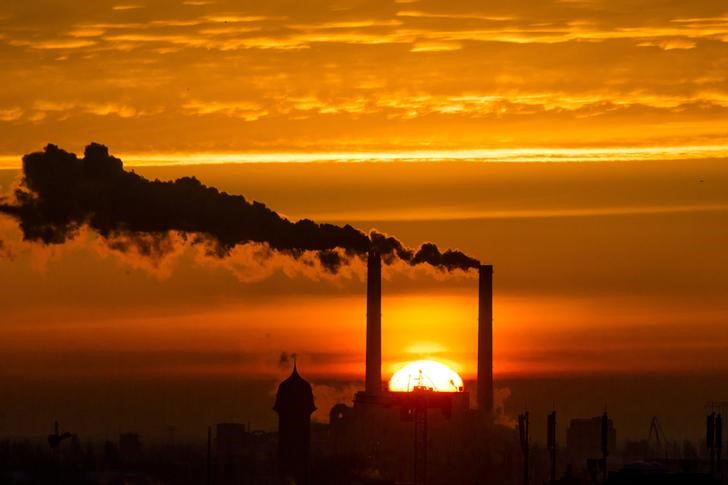German industrial production rose in November, easing recession fears

By Geoffrey Smith
Investing.com — Industrial production in Europe’s manufacturing heart rose in November, bolstering hopes that the recession forecast by many may after all only be a shallow one.
German statistics office Destatis said output rose 0.2% on the month, partially reversing a 0.4% decline in October. The previous month’s number was revised down, however, from an originally-reported 0.1% decline.
The figures come at the end of a year to forget for German industry, which is only gradually overcoming an energy crisis caused by Russia’s invasion of Ukraine last February. Output was down 0.4% from a year earlier. Still, the figures add to tentative signs that the energy crisis is starting to lose some of its bite, as government support measures to cap prices, combined with unseasonably warm temperatures that have reduced heating demand, have pushed prices for natural gas and electricity well down from their mid-2022 hikes.
Klaus Mueller, head of the energy grid operator Bundesnetzagentur, told the newspaper Bild at the weekend that he has all but ruled out the risk of gas rationing during the coming winter, pointing to the fact that storage facilities are still over 90% full thanks to the warm weather.
Destatis said output from energy-intensive industries, such as chemicals, rose 0.2% on the month, but was down 12.9% from a year earlier. These sectors account for over 20% of gross value added in Germany’s economy, and over three-quarters of Germany’s entire industrial energy demand.
Production of intermediate goods rose the sharpest, by 1.1%, while capital goods output rose 0.7%. By contrast, production of consumer goods fell 1.5%.
At the same time, the global supply chain bottlenecks that hurt Germany’s export-heavy industry continue to show signs of easing, with freight rates falling sharply and lead times, as reported in the country’s business surveys, also coming down.
Carsten Brzeski, an economist with ING in Germany. warned that the economy is still under pressure, despite nascent signs of a turnaround.
«Despite the recent return of optimism as illustrated by improving sentiment indicators, the sharp drop in new orders, the inventory build-up in recent months, the lagged impact of high energy prices and potential supply chain frictions as a result of China’s Covid policies all bode ill for the short-term outlook,» Brzeski said in a note to clients.
The euro responded positively to the news, rising to its highest in a week against the dollar. By 03:20 ET (08:20 GMT), the euro was at $1.0685, up 0.4% on the day.




